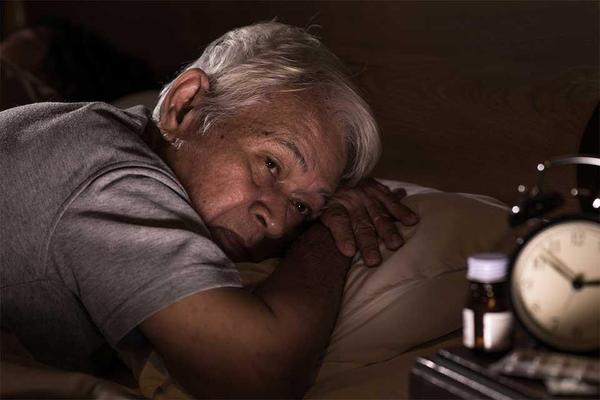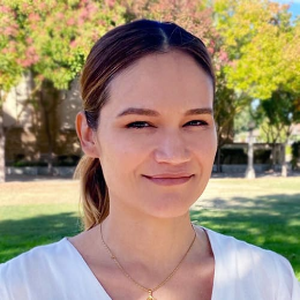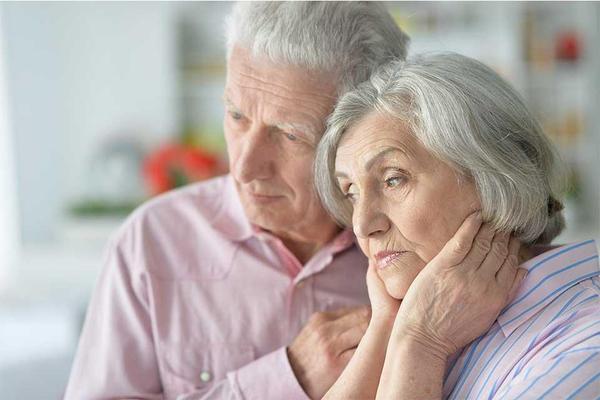
Insomnia in the Elderly: Causes and Best Treatments
A poor and inconsistent sleep routine can be detrimental to seniors. Older adults need the same amount of sleep as younger people to restore their bodies. Experts recommend seven to nine hours of quality sleep for seniors each night. Long-term poor sleep can lead to a decline in overall physical and mental health, increasing the risk of cognitive decline as well as falls.[01,02] “In addition to a reduced quality of life, long-term health consequences of poor sleep include high blood pressure, we...





